When people assume that to do something simply means it will be easy and fast, they are in for a surprise. To make something simple, first you have to unravel the complexity behind it.
My many attempts to show this truth failed until recently when "Error code F35" appeared on the display of my washing machine. Here is what happened:
My first reaction - Oh No! Why does it need to break down on Sunday at lunch time right before the week begins?
Second thought - it is an old one, and it's seen better days, but it will cost me $1000 to replace, lets see if someone has posted a solution to this problem on the Internet. Bingo! I found one. The 12 minute video was quite a time investment for me, but it was worth it. The experts said - run a diagnostic program, and buy 3 parts (cost $250). I paid a visit to the local hardware store but it was shut (luckily).
Piles of washing were waiting for a solution and just before I was about to give up I had this crazy thought: One of the parts that could fail was an analogue pressure gauge. What if I blew into the tube that is connected to it … of course, it was plugged with dirt, and it started to work again. The cost of me blowing into the tube - $0
In the end it was an extremely SIMPLE solution and it might seem at $0 cost - but the time investment in the long and hard process with expert advise to reach this point should not be forgotten.
Conclusion:
SIMPLE IS HARD and NOT EASY. Many don’t see the necessary investment behind making something simpler. I hope this example makes everyone realize that simplicity requires knowledge, experience, out of the box thinking, patience and time, and that costs money. So do not forget that making something simple for the first time might be costly, but worth the investment when you get there.

